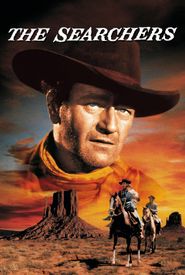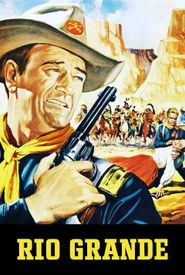Stan Jones, a multifaceted individual, was born on June 5, 1914, in Douglas, Arizona, where his early years were marked by a profound appreciation for horseback riding and singing, talents that would later prove invaluable in his various pursuits.
Following the untimely passing of his father, Jones' family relocated to Los Angeles, where he briefly attended the University of California, Berkeley, prior to departing from his academic pursuits to join the naval forces.
Subsequent to his naval service, Jones embarked on a diverse array of vocations, traversing the country, and honing his skills in a range of occupations, including, but not limited to, copper mining, logging, and snowplow driving.
As the years unfolded, Jones' professional trajectory took a dramatic turn, as he secured a position as a firefighter with the esteemed US Forest Service, eventually rising through the ranks to become a seasoned Forest Ranger, dedicating his expertise to the preservation of various national parks scattered across the vast western United States.
It was during his tenure at Death Valley, California, that Jones was tasked with serving as a technical advisor on the film production of "The Walking Hills" in 1949. Amidst the bustling set, Jones would often seize the opportunity to showcase his musical talents, sharing his original compositions with the cast and crew.
Their enthusiastic reception of his work proved to be a turning point, as the encouragement he received from his colleagues instilled in him a renewed sense of purpose, ultimately prompting him to pursue the publication of his music.
The remarkable tale of a certain song, "Riders in the Sky", which was initially discovered by the renowned folksinger Burl Ives, only to be later reimagined by the iconic Bing Crosby and Vaughn Monroe, whose rendition would ultimately become a resounding commercial success. This notable achievement had a profound impact on the music of the song's creator, leading to its incorporation in various Western-themed films, including the 1950 productions "Wagon Master" and "Rio Grande", as well as the 1951 release "Whirlwind". Furthermore, the song's popularity also led to its inclusion in the 1949 film "Riders in the Sky", starring the legendary actor Gene Autry.
Jones' illustrious career continued to ascend to new heights, with his melodious compositions being meticulously selected for use in an impressive array of over a dozen films and television shows. Furthermore, he collaborated on the soundtracks for a multitude of Disney films, showcasing his versatility as a composer. Additionally, Jones had the distinction of being the co-writer of the iconic theme song for the beloved western series "Cheyenne", which premiered in 1955. His creative endeavors extended beyond his musical talents, as he made notable appearances on various television shows, including the popular "The Adventures of Spin and Marty" in 1955. Moreover, Jones also lent his expertise to the production of "The Sheriff of Cochise" in 1956, not only writing the theme song but also contributing to the script of several episodes, solidifying his reputation as a multi-talented artist.
Jones' cinematic legacy came to a close with his appearance in the 1960 historical drama "Ten Who Dared", marking the final time his talents would be showcased on the big screen.
























